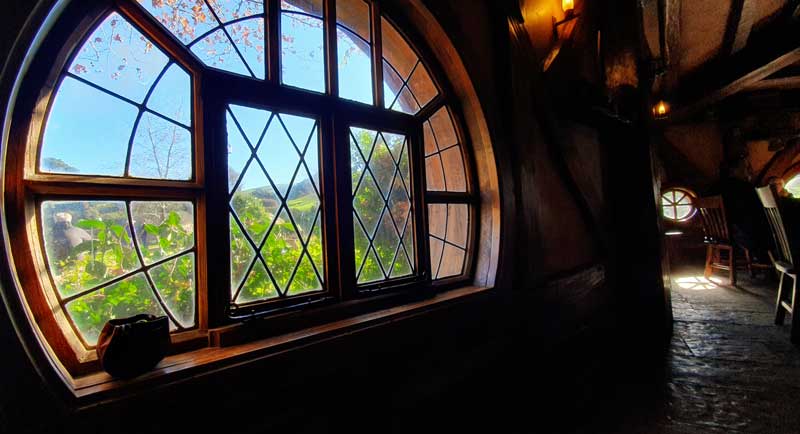History circa 2012: The long awaited prequel to The Lord of the Rings is about to appear at a luxury movie theater near you, where you can lounge on heated leather seats and eats tiny morsels of crab for second breakfast as long as you are careful not to spill any on your complimentary chinchilla wrap. The Hobbit, of course, is only a prequel in the loosest sense of the word, as it is really a stand-alone novel that Tolkien wrote as a bedtime series for his children. Although it pre-dates (in Middle Earth time) LOTR by some eighty years and is essential reading if you want a full understanding of what is happening in LOTR – and yes, you have to read the books to understand the movies – the real prequel qua prequel is The Silmarillion, which we must assume will be the next iconic work that finds its way onto the silver screen.
This assumes, of course, that The Hobbit is going to be a blockbuster success much like LOTR, which – although there is no such thing as a sure thing – is as close to a sure thing as anything is likely to get. If I had my druthers, I’d sell all my Apple stock and politely ask to help fund the production costs of The Hobbit in exchange for the merest sliver of the profits. Not the gross profits, of course, as I am intimately familiar with Hollywood accounting (though not as familiar as Peter Jackson), but the good old fashioned “net profits” that we common citizens of the free world generally understand as “what’s left over after we pay all the costs.”
Among other indicia that Hollywood and all those associated with The Hobbit think the film is going to be the next coming of the Titanic – only more titanic – are the spate of lawsuits being brought by the hallowed-but-more-recently-vilified producer Saul Zaentz (the brains behind One Flew Over the Cuckoo’s Nest, Amadeus, and The English Patient), who cannily bought the rights to The Hobbit long ago and funded the memorable animated version of LOTR by Ralph Bakshi back in the 1970s. Recently, Zaentz and his team of lawyers have been firing off cease-and-desist letters to virtually anyone who mentions the word “hobbit,” including a sleepy British pub called – guess what? – The Hobbit, which has peacefully coexisted with the intellectual property rights of Tolkien’s heirs and assignees for over 20 years, and was founded in homage to the master’s great work.
If you have the time and interest, a quick TESS search will reveal that Zaentz’s lawyers have sought to trademark THE HOBBIT for virtually every category of international goods, including everyone’s favorites – international classes 32 and 33 for beer, spirits, and sundry alcoholic beverages. Shutting down a long-standing UK pub called The Hobbit no doubt seemed like a good idea to some pubescent trademark attorney whose nose was put out of joint by a drink called The Gandalf (“How dare they insult the canon like that?”), but the public backlash sparked by the threatened lawsuit was a bit more than Zaentz had bargained for. A spate of articles condemning Zaentz’s soulless business practices went viral, petitions went out asking for a green uprising by all those living under hill and dale (i.e., hobbit lovers), and thousands of children of the ‘60s named Frodo formed a last coalition of men and lawyers to prevent the forces of evil from overwhelming the peaceful shire in which The Hobbit lay.
Ultimately, Zaentz relented and offered to allow the pub to exist if it paid a de minimis licensing fee. In an act of spontaneous generosity, the actors Stephen Fry and Ian McKellen announced that they had paid the licensing fee on behalf of the pub owners, so for now the brouhaha has subsided, and the brews are on the house.

